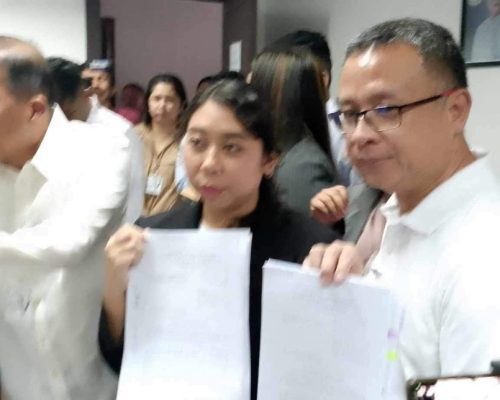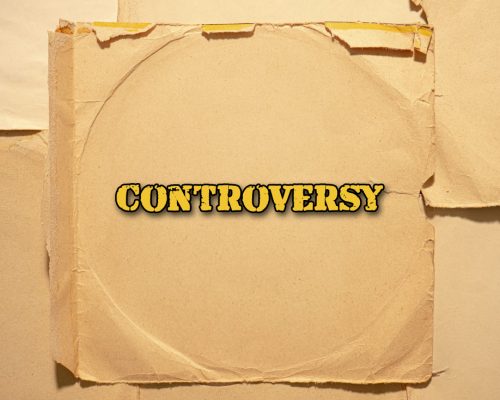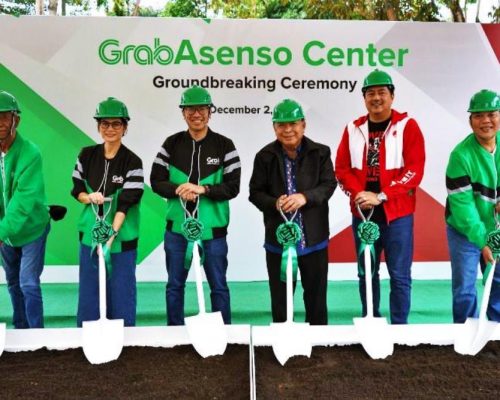Dear PAO,
About a year ago, I bought a parcel of agricultural land in our province. I was able to transfer the title to my name after complying with the legal requirements. Recently, I received an invitation from the barangay because a certain person demanded payment for the trees that he allegedly planted in the lot that I had bought. He asserted that almost all fruit-bearing trees on the property were planted by him and that he incurred expenses in the rearing of those trees. When I asked the seller as to the standing or identity of the said person, I was advised by the previous owner that the said man indeed planted those trees, but without his consent. No agreement was executed between the previous owner and him as to the trees in the area, and the fruits produced by the trees were retained by the said man. Next week will be our next meeting in the barangay, and I am not OK with his demand that I pay for the price of the trees as well as the expenses he incurred in tending the trees. Did that man have the right to demand such a payment?
Gelo
Dear Gelo,
It is of no question that you are the new owner of the property subject of this controversy, as you already bought it from the previous owner and were able to secure a transfer certificate of title under your name. Being the lawful owner of the property, you are the owner of all things produced, attached, or incorporated thereby. Articles 445 and 449 of the New Civil Code provide:
“Article 445. Whatever is built, planted or sown on the land of another and the improvements or repairs made thereon, belong to the owner of the land, subject to the provisions of the following articles. xxx
“Article 449. He who builds, plants or sows in bad faith on the land of another, loses what is built, planted or sown without right to indemnity.”
Following the principle of right of accession, in the absence of a provision in your contract of sale to the contrary, you acquired ownership not only of the land itself but of all plants and trees thereon.
Moreover, the person demanding payment for the trees is not the previous owner of the property, he planted those trees in bad faith by doing so without the consent of the previous owner. A person is considered to be acting in bad faith when he or she is aware that there is a flaw in the title or mode of acquisition that invalidates it. In your case, the other party planted on your lot despite knowing that the land belongs to another. Thus, being in bad faith, he cannot demand any payment from the previous owner; more so from you who was a purchaser in good faith and for value.
As stated by the Supreme Court in the case of Philippine Charity Sweepstakes Office (PCSO) vs. New Dagupan Metro Gas Corporation, Purita E. Peralta and Patricia P. Galang (GR 173171, July 11, 2012), penned by Associate Justice Bienvenido Reyes:
“A purchaser of a registered property can rely on the guarantee afforded by pertinent laws on registration that he can take and hold it free from any and all prior liens and claims except those set forth in or preserved against the certificate of title. Being a purchaser for value you are entitled to enjoy the legal and peaceful possession of the property you bought free from any claims except if it was set forth in the certificate of title, which in this case there was none.”
We hope that we were able to answer your queries. This advice is based solely on the facts you have narrated and our application of the same. Our opinion may vary when other facts are changed or elaborated on.
Editor’s note: Dear PAO is a daily column of the Public Attorney’s Office. Questions for Chief Acosta may be sent to dearpao@manilatimes.net


























